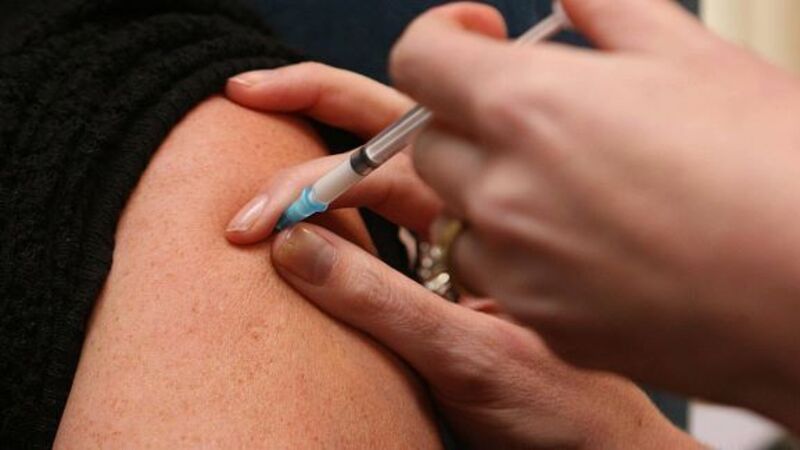Protein could lead to prostate cancer vaccine

Researchers at Nottingham Trent University have identified characteristics in a protein which may not only be able to stimulate the body’s own defences to attack tumour cells, but which could also help protect from established prostate tumours — bringing new hope to those with an advanced form of the disease.
Their study has focused on the protein called prostatic acid phosphatase (PAP), which occurs in 90% of prostate tumours, and specifically dealt with using a part of PAP, called PAP 114.













